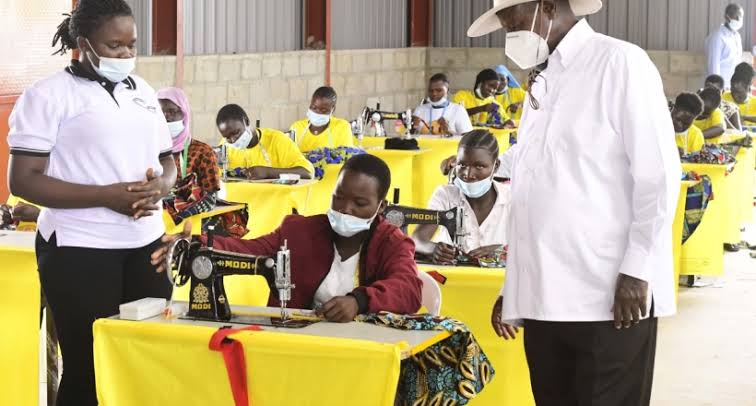Led by UBOS Chairman Dr. Albert Byamugisha and Executive Director Dr. Chris Mukiza, the authors of 2024 final census report have highlighted the reasons why the government of President Museveni can’t afford to ignore prioritising and investing in interventions which directly empower Uganda’s youths, religious leaders and religious institutions.
It’s made very clear in the 351 page report that of the roughly 46million Ugandans, only 0.2% (roughly 85,559) are ireligious and confessed to having nothing to do with religion at all. The rest-99.8%- made it clear that they are religious with a whopping 82% of them confessing to be Christians & 13% being Muslims.
The report indicates that such “levels of religiosity” illustrate the enormous influence religious leaders and clergy wield in contemporary Uganda. Accordingly, the GoU is urged to tap into this influence and deliberately involve the clergy, religious leaders and institutions into the implementation, popularisation and rolling out of key mindset change and social economic transformation programmes and interventions.
That the clergy have to deliberately be involved in civic education and community mobilization in order to increase the success of interventions like Parish Development Model and public health undertakings among others.
Simultaneously, the same report shows why the government has no option but to prioritize the empowerment and capacitation of it’s youths and the country’s young people more than ever before.
The report highlighted tat of the 45.9m people in the country, roughly 50% are children aged 0-17 years; 24% are youths aged 18-30 years and a mere 5% comprises of seniors or older persons aged 60 years and above. The remaining 21% comprises of adults aged 30-60 years.
The report authors base on all this statistics to propose steps that have to deliberately be undertaken by the GoU to effectively harness the attendant ‘demographic dividend.’ That, to ensure that such a young population is turned into an opportunity, as opposed to being a burden, the GoU should deliberately invest in their quality education, skilling and health access to meaningfully secure their future.
That it’s only through investing in their collective appropriate health, education and skilling that the GoU will ever be able to sustainably increase the employability of its youths. That the same will enhance productivity of labor in Uganda. And its only through increased skilling that the GoU’s job creation and monetization of the economy programme interventions will sustainably yield the desired outcomes.
The report also calls on the government of Uganda to become more deliberate and invest more in long term planning aimed at achieving sustainable management and use of the country’s land resources which are inelastic yet the population density (number of persons living per square kilometer) increased from 2014’s 173 persons to 190 only 10 years later.
